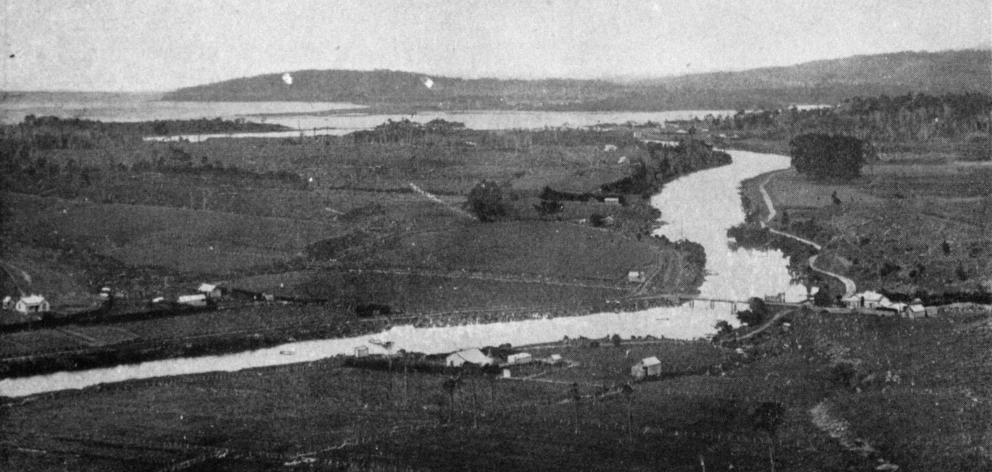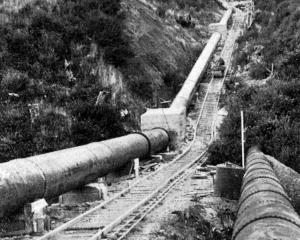
''It is one of the most serious things with which the business community of Dunedin has ever been brought face to face,'' said a well-known local merchant yesterday.
During the last few days a great many rumours have been in circulation about the reductions in the services. Inquiries failed to reveal any solid basis for these rumours, and a Daily Times reporter was assured that the shortage of coal is a fact beyond all question, and that the department is faced with a very serious problem in this respect.
Mr J. B. Waters (president of the Dunedin Chamber of Commerce), said the whole problem was inseparably bound up with the prevailing shortage of man-power in the essential industries of the dominion, and it was only when a situation such as the present arose that the community realised its dependence on the production of power.
Whatever may be said as to the adequacy of the reasons for the existence of a shortage of coal in a provincial district like Otago, in which there are abundant deposits of lignite, it is to be apprehended that the correspondent who tells us this morning that there is no need to restrict the railway services is arguing from unsound premises.
The assumption that Kaitangata and Shag Point coals contain the properties that are required for railway haulage purposes, is we fear, not one that will be admitted by the railway engineers.
Even, however, if it were otherwise, the fact still remains that the supplies of coal available for use in New Zealand have steadily decreased within recent years.
Teachers pay inequity
Evidently the Dannevirke High School is a spot where ''sex penalty'' is a plant of vigorous growth.
Commenting on its culture a correspondent writes as follows: ''In the High School we find three men teachers and three women teachers, the latter all drawing salaries much below those of the former. Indeed, the absurdity of the situation is accentuated when we consider that the position of junior master, who takes the lowest class in the school, is filled by a lad in his teens, who, however excellent a teacher he may become, has stepped into the teaching arena without experience. His salary is nevertheless higher than that of the head lady teacher, a graduate of many years' experience, who is expected to maintain efficiently the dignity and responsibility her position entails, and teach the senior work for a salary exceeding only by 40 per annum the lowest salary paid in the school.''
Soldiers' concert
The Otago Women's Patriotic Association entertained a number of returned soldiers at a social in the Early Settlers' Hall last night. Cards and dancing were indulged in, and there were about 50 couples present.
The music was provided by Flint's Orchestra. Misses Burt and Stewart and Mrs Macfie acted as hostesses, and the gathering broke up about 11 o'clock after a thoroughly enjoyable evening had been spent.
- ODT, 3.7.1919
COPIES OF PICTURE AVAILABLE FROM ODT FRONT OFFICE, LOWER STUART ST, OR WWW.OTAGOIMAGES.CO.NZ












